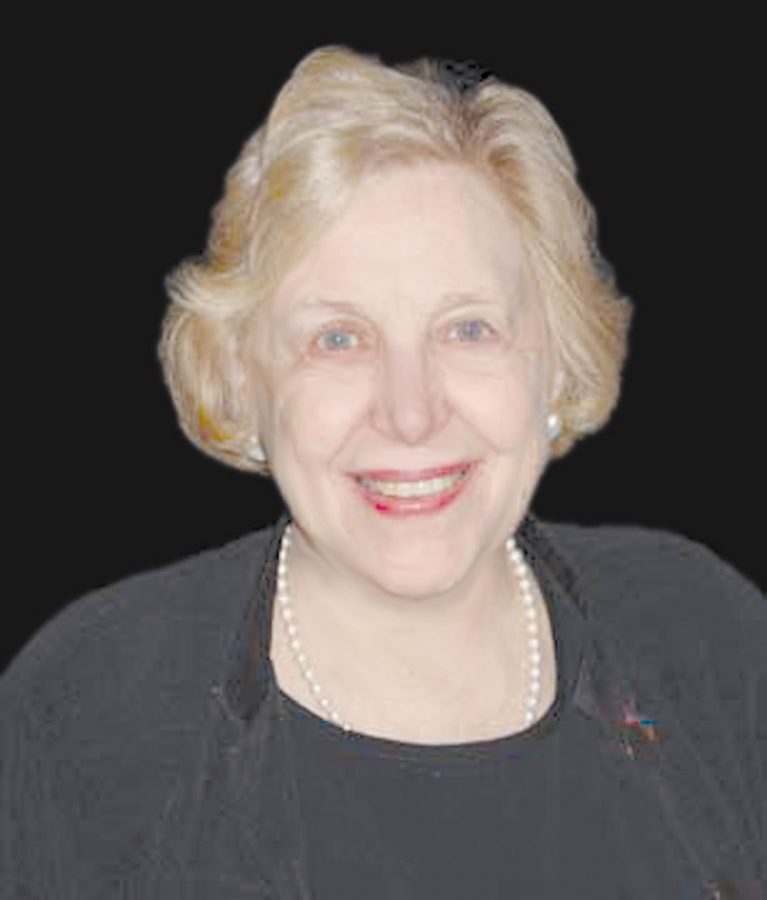 In 1953, the first Chevrolet Corvette rolled off the production line in Flint, Mich. Earlier that year, country music singer Hank Williams tragically passed away. In December of that same year, color television was introduced to Americans for the first time. And in the fall of 1953, Amanda Penick began her nearly six-decade-long career as a music teacher at the University.
In 1953, the first Chevrolet Corvette rolled off the production line in Flint, Mich. Earlier that year, country music singer Hank Williams tragically passed away. In December of that same year, color television was introduced to Americans for the first time. And in the fall of 1953, Amanda Penick began her nearly six-decade-long career as a music teacher at the University.
Professor Amanda Penick, now in her late 70s, was a regular visitor to the Capstone long before she began her 57-year music career at the University. As a child, Penick developed a love for music while taking music lessons at the University, a love she has carried with her throughout her life.
“I am from Tuscaloosa and, as a child, I studied piano in the music department here at the University,” Penick said. “When I began studying as a child, we were in the basement of Doster Hall, with recitals given on the second floor.”
After graduating from high school, Penick moved far away from Tuscaloosa to pursue what she loved the most: music.
“I went to Hollins College in Virginia, where I got my bachelor’s degree in music,” she said. “Then I came to the University of Alabama for my master’s degree.”
Penick was awarded her master’s degree in music in the spring of 1953. In the fall, she began her music teaching career at the University. That was also the year she married her husband, who she is still married to.
Penick recalled how different the University was when she enrolled in 1952. According to University records, the student body at the time was a mere 5,885 students.
“Campus was much smaller when I got here,” she said. “We had fewer buildings. And we had fewer problems with parking.”
Penick said parking has always been a problem for the University, even when enrollment was just a fraction of what it is today.
“Professor Jenkins, who was head of the department of philosophy, came out here to teach one day and, when he couldn’t find a parking place, he went home,” she said. “So, he went to the ‘powers that be’ and told them about the need for parking decals and the next year, we were issued decals.”
She said the most noticeable change that has occurred on campus over the years is in the way students, especially girls, dress.
“There was a dress code when I enrolled at the University,” she said. “Women could not wear long pants – and now they are wearing short pants – but they could not wear long pants except when they were at the tennis court.”
Over the years, Penick has developed a love for many aspects of the University. Besides her love for music and the piano, Penick has also developed another love—Alabama football.
“It’s just wonderful to watch our football team,” Penick said. “I’m a big football fan and a big fan of the Million Dollar Band.”
When Penick began her teaching career at the University, Harold “Red” Drew was coach of the football team. Drew was succeeded by J.B. “Ears” Whitworth who was finally replaced by Paul “Bear” Bryant in 1957.
By her own admission, Penick’s greatest love is her students. Dozens of photos line the bookshelves and walls of her music studio. Penick said most of the pictures are former students who she still maintains contact with.
“I love it,” Penick said of her teaching job. “I love my kids and they respond to me. It’s just a nice way to spend the day going over music with them.”
Many of Penick’s former students have become noted musicians. One student in particular, Drew Mays, won the prestigious Van Cliburn Award for his performance on the piano.
Over the years, Penick has been honored by many different groups and societies for her remarkable dedication to her students.
Penick was voted Teacher of the Year twice, once by the Alabama Music Teachers Association and a second time by the National Music Teachers Association. She also received the Governor’s Arts Award in 2003 and was presented with the Women of Distinction Award by the Girl Scouts. These are just a few of the many awards that cover professor Penick’s studio walls.
Penick also takes pride in the fact that she is part of the George Denny Society, 31 Club, Golden Key Honor Society, Omicron Delta Kappa and served as president of Pi Kappa Lambda national music honor society at the University
“I’m the oldest, maybe not in age, but definitely in years served, out of any professor in the state of Alabama,” Penick said.
Still, she remains humble, saying that she wishes people remember her most for the difference she made in the lives of her students.
“I would like to be known for my work with my students rather than my years of being here,” she said. “My heart is here with the students. I love all of my students.”









